This blog post is featured in a chronological series "The Dog Days of Summer – Biblical Figures Feel the Heat." Blogs are intended to offer an outlet for reflection beyond Sunday morning. June 21st, 2015
Nehemiah: It’s Who You Know
Delivered by Rev. Christopher Chatelaine-Samsen
(Nehemiah 2:1-8)
It’s often said that it's not what you know, it’s who you know. It’s true. Whoever and wherever you are, relationships with others matter. And it’s what you do with connections and influence makes all the difference.
Nehemiah was well-connected. In the Persian Empire, Nehemiah was cupbearer to the king, a man with royal influence. Nehemiah was also a Jew, so when Nehemiah heard that the city of his people was in ruins, he was heartbroken, so he turned to God in prayer. And in his prayers, it came to him what he had to do.
He knew he had to use his position of influence and go to the king and ask him for help. But asking for help was risky, and could have been seen as an act of treason against the empire. Nonetheless, he prayed and then asked.
Nehemiah had a good life in a religiously tolerant empire, far away from Jerusalem. He had no reason to speak up for the inhabitants of Jerusalem - it offered him no benefit - but he did it anyway. What caused him to put everything on the line for people far away? Perhaps there’s something about hearing God’s call that makes a person reckon with their own privilege. Nehemiah realized that he was in a unique position to do something, and that his gifts were for the benefit not of himself, but for people who need those resources but had no access.
Although the word “privilege” is often used with a negative connotation, it doesn’t have to be. Nehemiah’s story shows us that it's what you do with privilege that counts. He could have ignored the people in Jerusalem and served himself. Instead, he chose to face the heat and act. He believed that it was unjust that he should live in wealth in the capital city and others should fear for their lives in a city without protection when he could do something.
We find out from Nehemiah’s story that privilege comes with responsibility and consequences. Both our privilege and responsibility are magnified in light of the act of terrorism committed at Emanuel A.M.E. Church in Charleston, SC on June 17th, 2015.
Members of Mother Emanuel are grieving the loss of their sisters, brothers, and their pastor to the violence of hatred, exhausted, and heartbroken. Too often, White churches have responded with silence to violence against Black Americans. We could choose to stay silent, but we have the responsibility to say “no more.” No more should Black women and men live in fear, and no more can White churches pretend like it’s not our problem. Nehemiah, with a trembling voice, opened his mouth to speak on behalf of those who lived in fear, and so must we. We can not be silent when there are still those who perpetrate crimes of racial hatred, for we are members of the One Church of Jesus Christ, and this very week a gaping wound has been opened on our own body.
Perhaps it’s risky to speak and advocate on behalf of another, but thank God that Jesus chose to advocate for us. Thank God that Jesus risked everything for us, even unto death, so we too can take step out and use what God has given us, that we may speak with boldness and be our sister’s and our brother’s keeper.
Amen.
Reflection:













